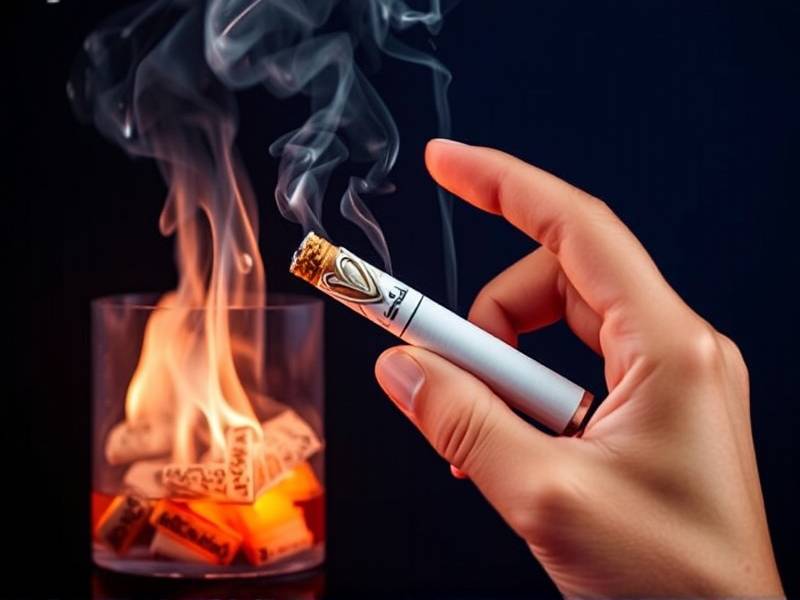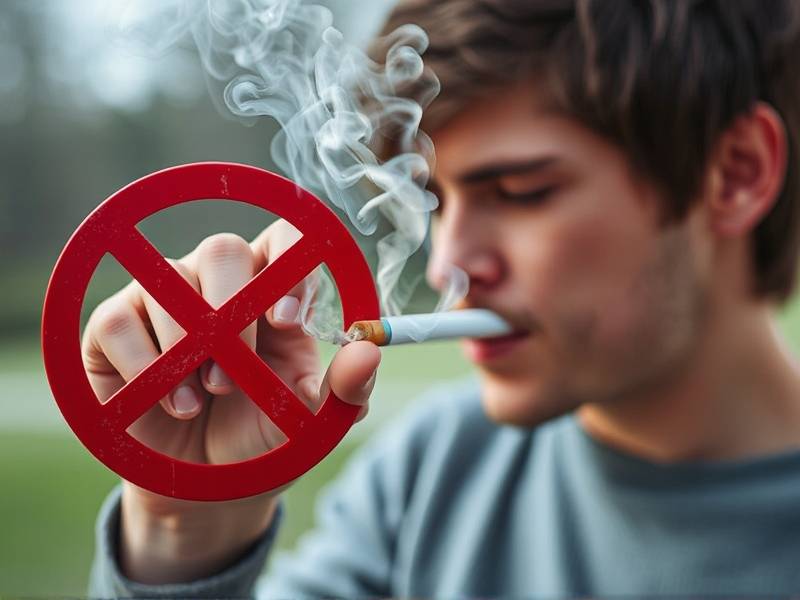Is It Harder to Quit Heroin Than Smoking? A Question Many People Ask
Is It Harder to Quit Heroin Than Smoking? A Question Many People Ask
Introduction: The debate over whether it's harder to quit heroin than smoking has been a topic of interest for many. While both substances can lead to addiction and severe health issues, the challenges faced by individuals trying to overcome their dependence differ significantly. In this article, we will explore the complexities of quitting heroin compared to smoking and shed light on the reasons behind this question.
I. Understanding Heroin Addiction:

- What is Heroin? Heroin is an opioid drug derived from morphine, commonly used for its pain-relieving properties. However, due to its highly addictive nature, it is often misused for recreational purposes.
- The Physical and Mental Effects of Heroin Heroin use can lead to severe physical dependence, characterized by withdrawal symptoms such as nausea, muscle aches, insomnia, and cravings. Mentally, individuals may experience anxiety, depression, and a distorted sense of reality.
II. Understanding Smoking Addiction:
- What is Smoking? Smoking involves inhaling the combustion products of tobacco leaves, releasing nicotine into the bloodstream.
- The Physical and Mental Effects of Smoking Smoking leads to addiction due to nicotine's highly addictive properties. Physical effects include increased risk of heart disease, stroke, lung cancer, and other respiratory issues. Mentally, individuals may experience anxiety and irritability during withdrawal.
III. Comparing the Challenges of Quitting Heroin vs Smoking:
- Physical Withdrawal Symptoms Heroin withdrawal symptoms are generally more intense and longer-lasting compared to smoking cessation. While both substances cause physical dependence, heroin withdrawal can be more difficult to manage.
- Psychological Factors Quitting heroin often requires addressing underlying psychological factors such as trauma or mental health issues that may contribute to substance use.
- Social Support and Treatment Options Accessing treatment for heroin addiction is crucial for successful recovery. Smoking cessation programs may be more widely available but still require support from friends, family, or professionals.
IV. The Role of Professional Help in Quitting Heroin vs Smoking:
- Professional Help for Heroin Addiction Professional help through rehabilitation centers or counseling services is vital in treating heroin addiction due to the severity of withdrawal symptoms and potential relapse risks.
- Professional Help for Smoking Cessation While professional help is beneficial for smoking cessation as well, it may be less critical compared to treating heroin addiction due to milder withdrawal symptoms.
Conclusion: Determining whether quitting heroin is harder than smoking depends on various factors such as individual experiences, support systems available, and underlying psychological issues contributing to substance use. While both substances present challenges in overcoming addiction, seeking professional help and building a strong support network are crucial steps towards recovery.

Note: This article aims to provide general information about quitting heroin versus smoking based on existing knowledge in the field of addiction treatment. It does not constitute professional medical advice or a substitute for individualized treatment plans tailored by healthcare professionals.
Keywords: quit heroin vs smoking comparison; quitting heroin challenges; smoking cessation; addiction treatment; recovery support
